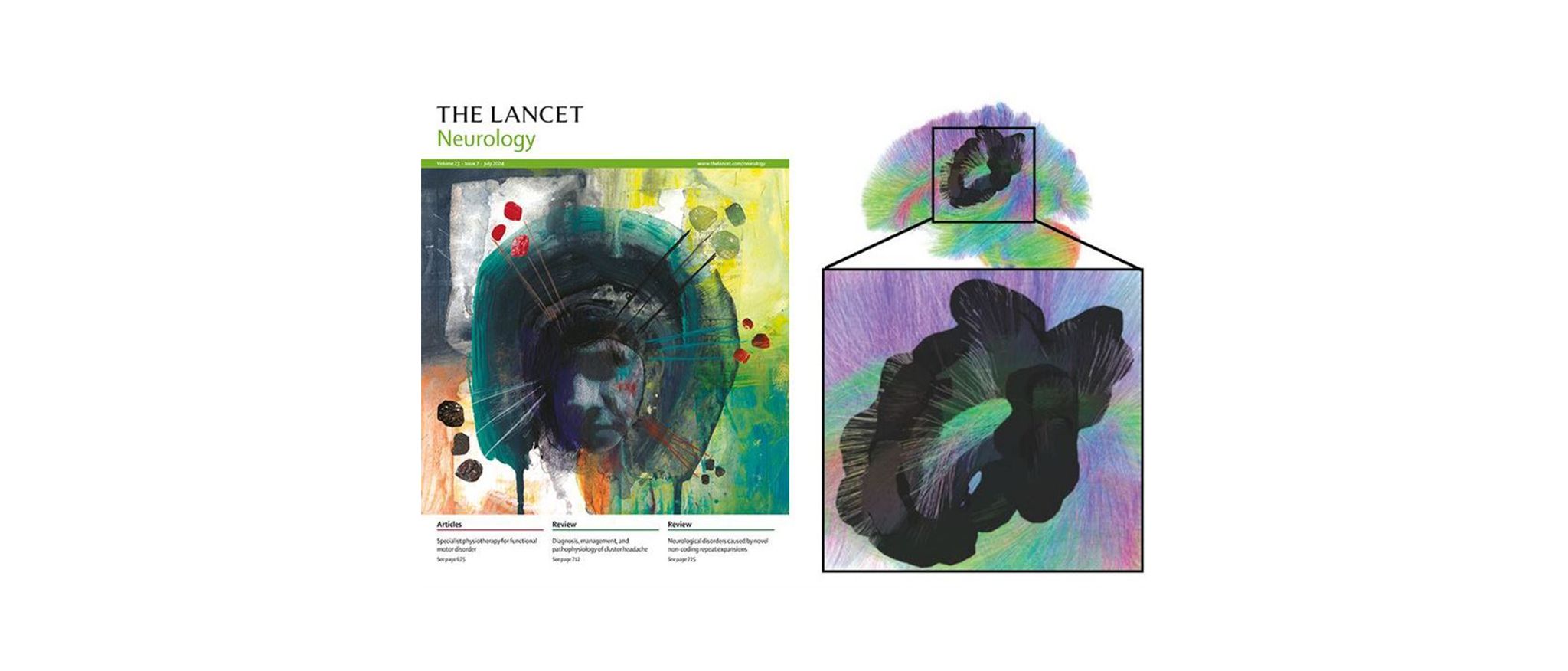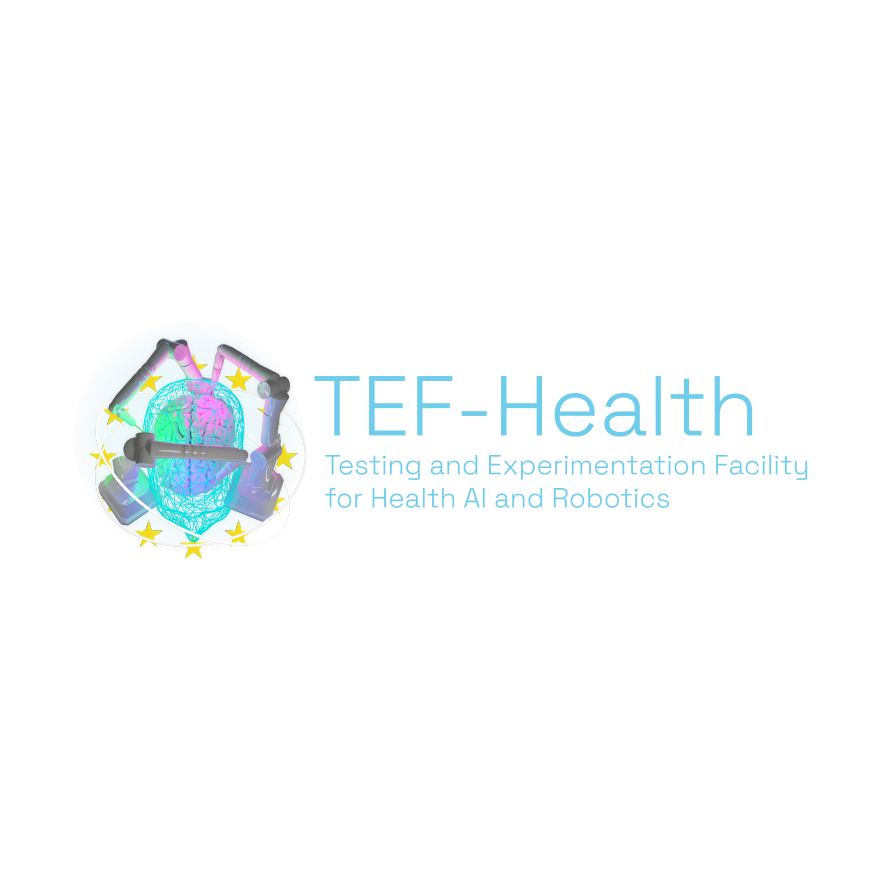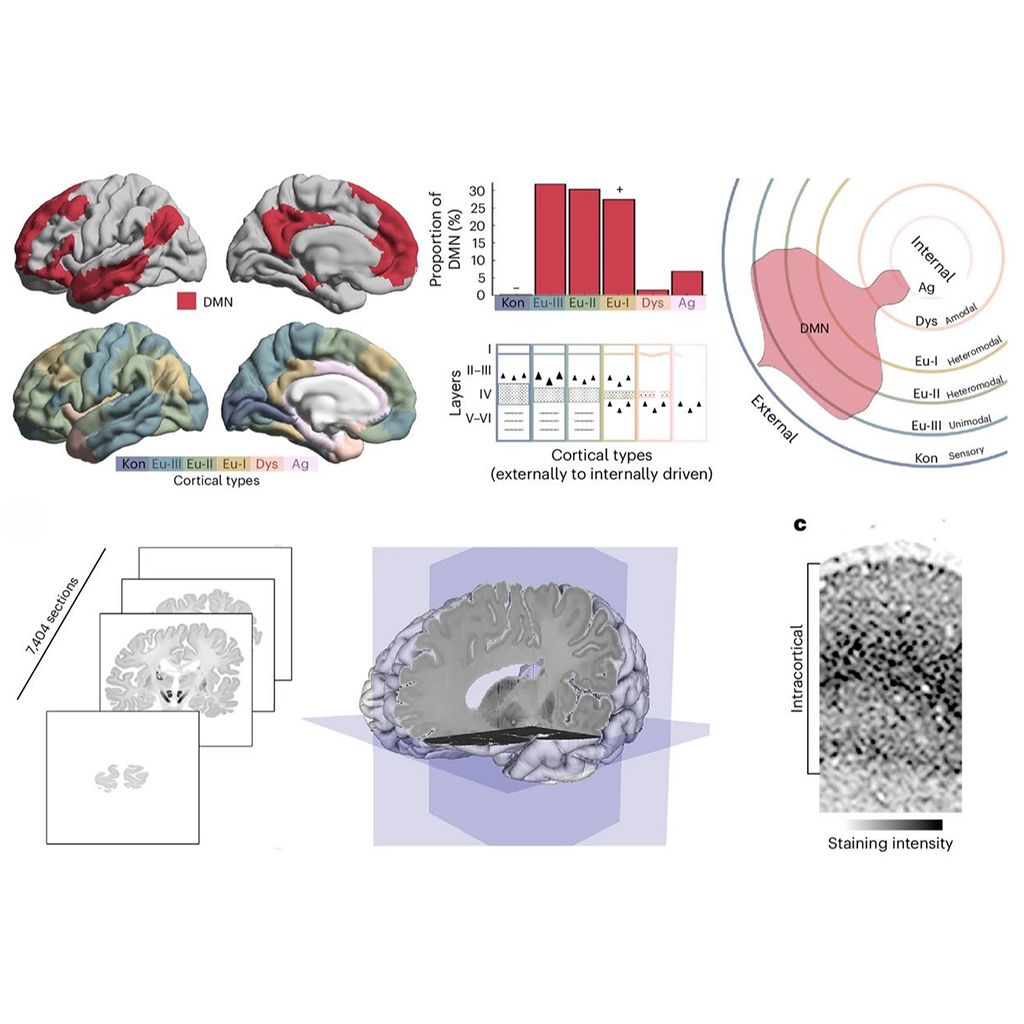
EBRAINS importance for cancer neuroscience highlighted in The Lancet Neurology

In the renowned journal The Lancet Neurology, scientists call for a paradigm shift in research on brain cancer and highlight the important role of the EBRAINS digital infrastructure in cancer neuroscience.
Brain cancer is a prevalent and diverse pathology, with glioblastoma representing an aggressive form with a high mortality rate. Worldwide an estimated 200,000 people die from the condition per year, including 15,000 cases in Europe.
Despite significant advances in cancer treatment, progress in glioblastoma treatment has not kept pace, leaving a need for new approaches. Now a team from the University of Padova reviewed evidence that glioblastoma cells form networks that interact with the human connectome. “This insight, along with cellular observations, has major implications for diagnosis and treatment”, says Maurizio Corbetta, Chair of Neurology in the Department of Neuroscience at the University of Padua and leader of large European team in the EBRAINS 2.0-project that is working with human clinical maps and connectomes.
Recent cancer neuroscience research has revealed complex functional interactions between glioblastoma (a type of cancer that forms in the brain or spinal cord) and the brain’s cellular architecture, which includes neurons, glia and blood vessels. The connections between sick cells and healthy ones contribute to the location, spread, and recurrence of a glioblastoma, and the patient’s overall survival. “Sick cells keep interfacing with healthy ones. We need to stop considering brain tumours as extraneous bodies, and more as an integral part of the brain”, says Prof. Corbetta.
READ MORE:
A new EBRAINS large-scale brain scanning endeavour is being coordinated in Padua
The researchers underscore the importance of EBRAINS in the new paradigm:
“An important initiative at the European level is the development of a digital infrastructure called EBRAINS, where large datasets will be shared and analysed to extract imaging features associated with cognition, survival, and disability.”, states the article. In addition, progress “hinges on the concerted efforts of clinicians and researchers to bridge the gap between oncology and neuroscience [...] transcending the exclusive focus on cancer and embracing a holistic perspective that considers the intricate interaction between the tumour and its host: the brain.”
On EBRAINS, growing data on the disease and its subtypes is collected. This includes large-scale post-mortem histopathological datasets like the Digital Brain Tumour Atlas (DBTA) at University of Vienna, as well as MRI-based pre- and post-surgery brain tumor data of patients.
Prof. Maurizio Corbetta leads a large team in the EBRAINS 2.0 project establishing new extensive multimodal neuroimaging databases of brain diseases on EBRAINS.

Original Publication:
Alessandro Salvalaggio, Lorenzo Pini, Alessandra Bertoldo, Maurizio Corbetta. Glioblastoma and brain connectivity: the need for a paradigm shift. The Lancet Neurology. Volume 23, Issue 7, 2024 https://doi.org/10.1016/S1474-4422(24)00160-1.
News & events
All news & events
- News16 Apr 2025

